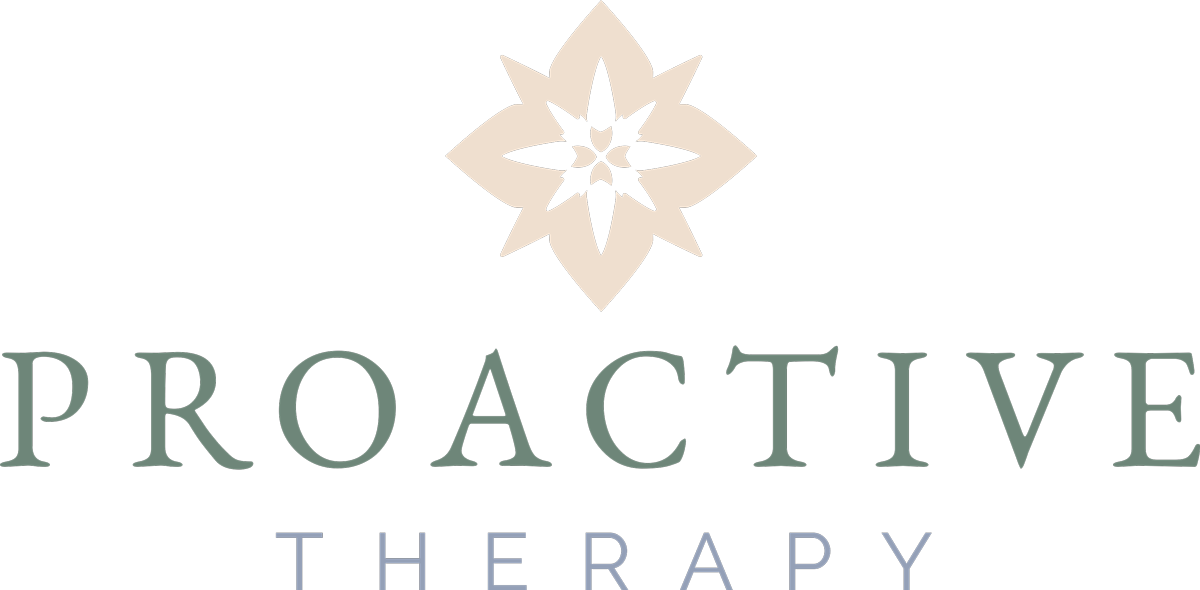When Self-Improvement Becomes Self-Sabotage: Breaking Free from Perfectionism
By Lillian Feder, LPC
The pursuit of self-improvement can be empowering, but when it’s driven by perfectionism it often becomes a double-edged sword. Instead of fostering growth and fulfillment, it creates a relentless cycle of self-criticism, burnout, and a persistent feeling of "never enough."
Does this sound familiar? Let me explain how this cycle works. You tell yourself that achieving just one more thing will finally make you feel worthy or happy. But as soon as you hit that milestone, it doesn’t feel like enough. There’s now something else to fix, another goal to chase; and no matter how much you accomplish, the sense of satisfaction never lasts. It’s like being on a treadmill—you’re working so hard, but you never quite get anywhere. Instead of feeling fulfilled, you’re left exhausted and frustrated, wondering why all your efforts still don’t feel like they’re enough. Over time, this deepens feelings of inadequacy and frustration.
This might show up in different ways. Maybe you’re constantly striving for the “perfect” body, following strict fitness or diet plans, yet no progress ever feels like it’s enough. Or perhaps you’re chasing professional success, yet despite your accomplishments there’s a lingering worry that you don’t measure up. Whatever the specifics, the pattern is the same: the bar keeps moving, and you keep feeling like you’re falling short.
Now that we’ve unpacked how this cycle works, let’s talk about the costs of this perfectionist mindset. It’s draining, isn’t it? That chronic dissatisfaction leaves you emotionally exhausted, burned out, feeling unfulfilled, and questioning your worth. Nothing seems and feels like enough despite your immense efforts. All the striving that’s meant to improve your life can start to take it over, leaving you feeling unbalanced, disconnected, and stuck.
So, how do you break free from this cycle? First, it’s about redefining what success looks like. What if you could focus on the process instead of the outcome? Set goals that prioritize effort, enjoyment, and learning—not just results. Second, start celebrating small wins along the way instead of only focusing on what’s left to achieve. Imagine what it would feel like to embrace the idea of “good enough.” That doesn’t mean settling; it means letting go of all-or-nothing thinking and allowing yourself to make progress without perfection.
Lastly, hold yourself kindly and practice self-compassion. Challenge that voice in your head telling you you’re not enough. Speak to yourself the way you’d speak to a loved one—with kindness, patience, and understanding. And remember, mistakes and imperfections aren’t failures—they’re part of being human, and they’re part of growth.
True self-improvement isn’t about fixing yourself; it’s about evolving while finding joy and fulfillment in the process. When you learn to balance ambition with self-kindness, growth becomes not just sustainable, but meaningful.
To schedule a therapy appointment with Lillian, complete this form.
